Keywords: Indigenous Rights
-
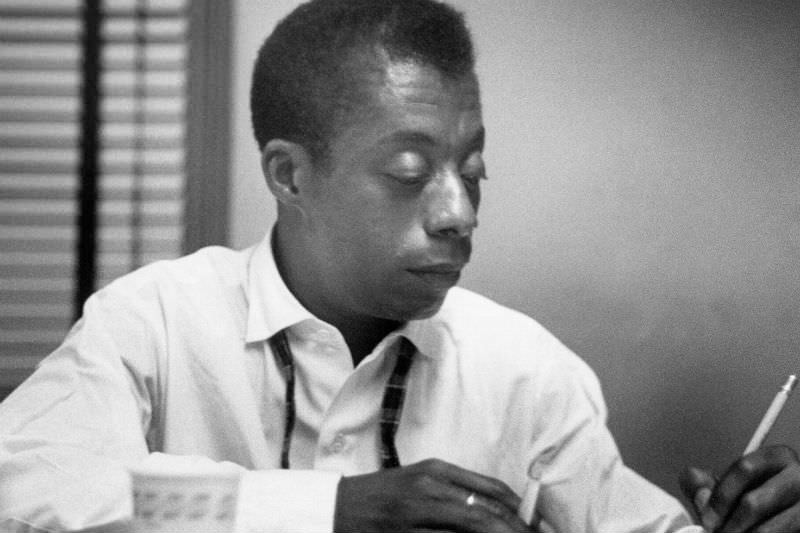
ARTS AND CULTURE
- Mark Tredinnick
- 30 September 2019
11 Comments
I'm a white man in a white man's world, his mother tongue the lingua franca everywhere. I may not be rich, but I am more or less free, and my calling has let me travel the world. It's easy for me, not having had to fight for mine, to ask us to go deeper than identity when we write. But when James Baldwin says the same thing, it compels.
READ MORE 
-

INTERNATIONAL
- Denise Frizzo
- 03 September 2019
3 Comments
Bolsonaro has no interest in stopping the fires. As a declared anti-environment leader, he sees the largest rainforest of the world as a huge potential for investment. He promised to open the region to the development of agribusiness, so the fires consuming the Amazon are just part of the deal.
READ MORE 
-
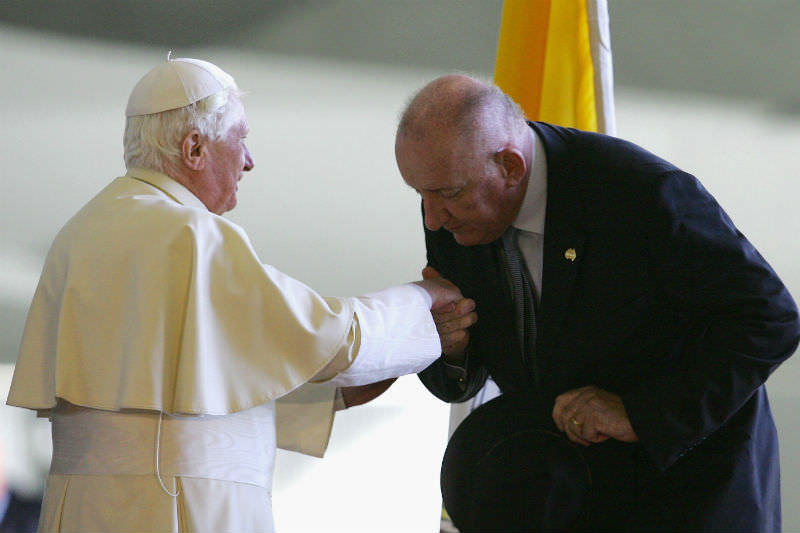
AUSTRALIA
- Irfan Yusuf
- 30 August 2019
7 Comments
My views on the Middle East have somewhat mellowed since then, due to my own reading and notwithstanding the harassment I and other supporters of Palestinian rights have experienced over the years. Having the then Deputy Prime Minister on our side certainly provided us with the strength to continue speaking our truths.
READ MORE 
-
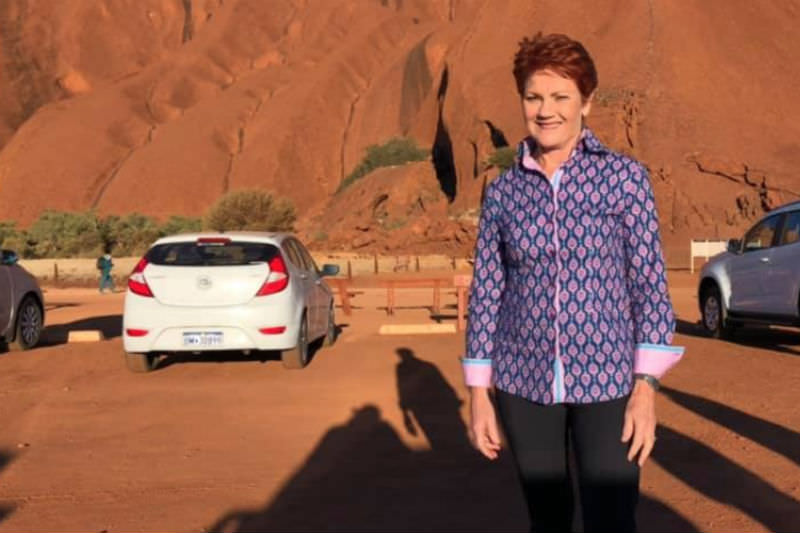
AUSTRALIA
- Celeste Liddle
- 23 August 2019
12 Comments
According to anecdotal evidence, Pauline Hanson arrived at Uluru, climbed up to 'chicken rock', slid back down on her backside and then, later, met with some Anangu elders to 'get permission' to climb Uluru. The disrespectful farce was but one illustration of how the week went when it comes to showing respect for Indigenous rights and views.
READ MORE 
-

AUSTRALIA
- Dinali Devasagayam
- 25 July 2019
8 Comments
I wasn't born here. My family migrated to Australia when I was young and so I enjoyed the privilege of growing up without the war and discrimination that has marred my birth land, although there is a different type of discrimination that I have had to face being an Asian in Australia. In being here though I know I am living on stolen land.
READ MORE 
-
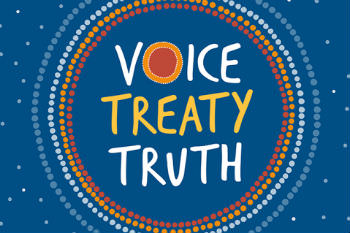
AUSTRALIA
- Andrew Hamilton
- 08 July 2019
5 Comments
The NAIDOC theme returns to the other side of the relationship between First and later Australians — that of unity within a single nation — and invites cooperation in a project that matters to all Australians. At stake is not simply the fulfilment of Indigenous hopes but shared pride in an Australian identity.
READ MORE 
-

AUSTRALIA
- Andrew Hamilton
- 26 June 2019
13 Comments
In Boochani's experience, Australians were homogenous and unreflective parts of a machine designed to dehumanise, cow and corrupt the people who sought protection. This report and the departmental response suggest that in on-shore detention the human destruction is not directly intended. It is seen simply as irrelevant.
READ MORE 
-
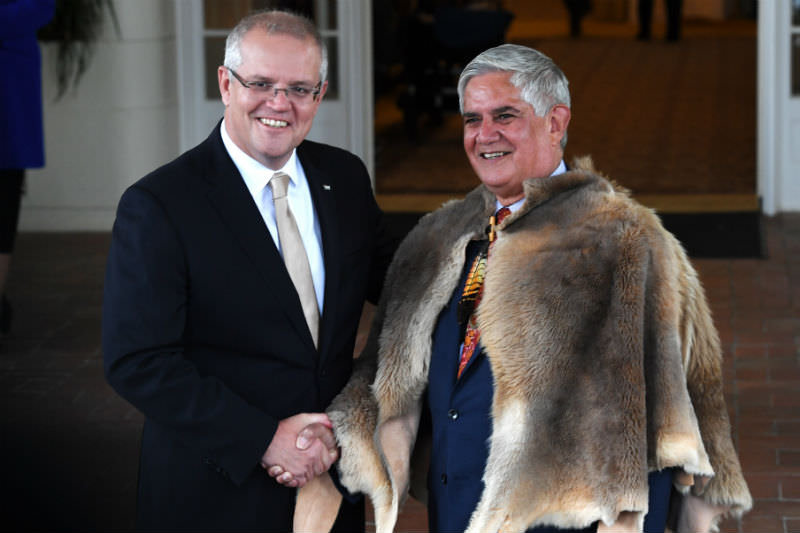
AUSTRALIA
- Celeste Liddle
- 19 June 2019
8 Comments
It's long fascinated me that it tends to be the conservative side of politics that has delivered many of our Indigenous political firsts. Perhaps it's simply because Indigenous conservatives are, by virtue of their politics, no real threat to the status quo. Our Minister for Indigenous Australians Ken Wyatt is a case in point.
READ MORE 
-

AUSTRALIA
- Brenna Dempsey
- 20 May 2019
34 Comments
My social media feeds were awash with posts from my friends — many of whom are queer, disabled or on low incomes — worrying about their futures and the future of our earth. I saw countless posts with people saying 'That's it, I'm moving to NZ'. I completely understand the desire people had to give up — I felt it too.
READ MORE 
-

AUSTRALIA
- Celeste Liddle
- 10 May 2019
7 Comments
We can tell the Morrison government has no interest in Indigenous affairs because, apart from some money for suicide prevention programs (albeit less than half that requested), its budget showed a series of cuts. There is a lot of unfinished business to be addressed before it makes sense to adopt a voice to Parliament in the Constitution.
READ MORE 
-

MEDIA
- Mark Jennings
- 03 April 2019
10 Comments
Two recent stories in the Australian attack Murdoch University academics who supposedly described Anzacs as 'killers' and detainees on Manus Island as 'prisoners'. The stories display a poor understanding of the academic role, and the nature of 'critique', which is not to merely to present all arguments as if they had equal merit.
READ MORE 
-
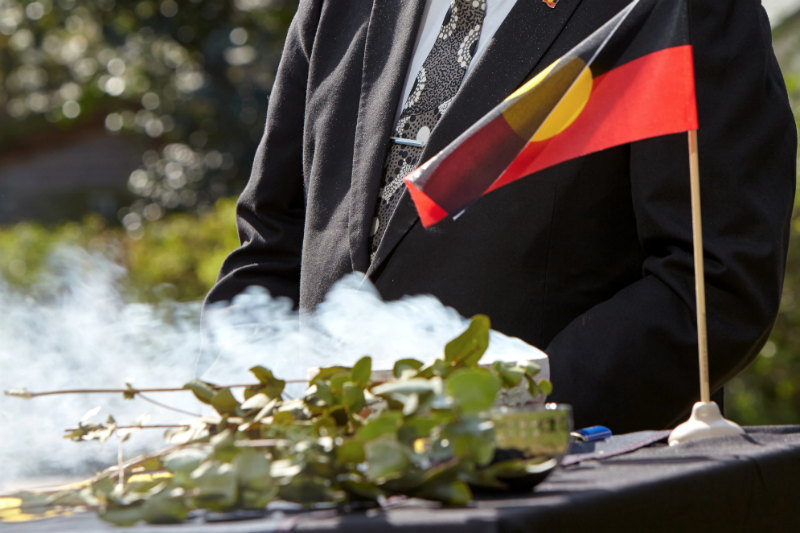
INTERNATIONAL
- Ramona Wadi
- 01 April 2019
4 Comments
The South Australian Museum is rectifying slivers of colonial damage by repatriating the remains of over 4000 Aboriginal people to their communities. This will be welcome news for Aboriginal communities, but also a reminder of the need to lobby against policies that deprive them of the right to a dignified connection with their ancestors.
READ MORE 